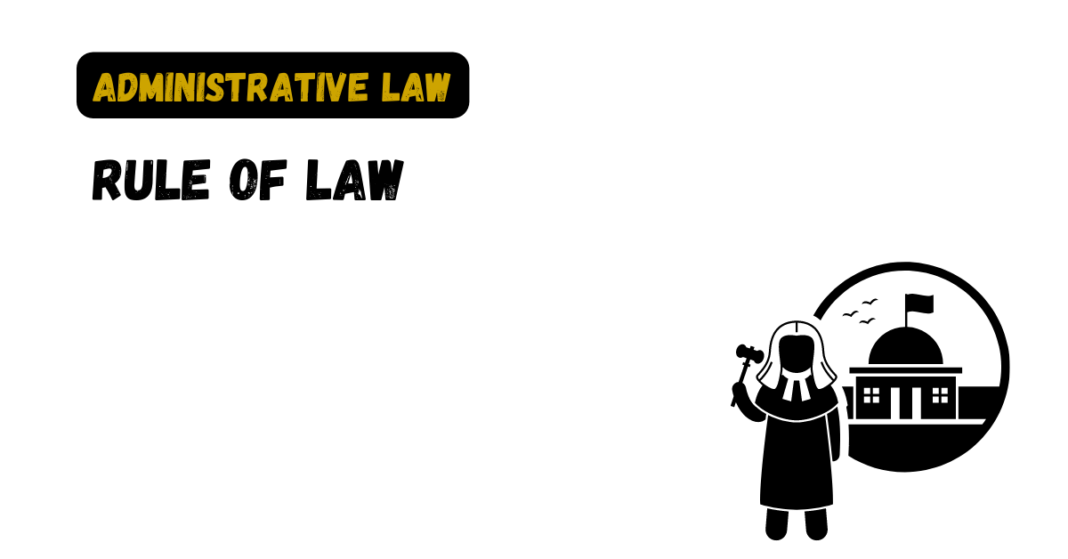The rule of law is a fundamental principle of democratic societies that is based on the concept that all people, including government officials, are subject to and accountable under the law. The rule of law is the idea that the law is supreme, and that no individual or institution is above the law.
Key Features of the Rule of Law:
- Equality before the law: The rule of law requires that all individuals and institutions are subject to the same laws, and that no one is free from the law.
- Fairness: The rule of law requires that legal processes are fair, impartial, and consistent, and that everyone has the right to due process and have a fair trial.
- Transparency: The rule of law requires that laws and legal processes are transparent and accessible to all, and that government decisions are made in a way that is open and accountable to the public.
- Predictability: The rule of law requires that laws are clear and predictable, and that they are applied consistently and uniformly.
- Accountability: The rule of law requires that all individuals and institutions are accountable for their actions, and that they are held responsible when they violate the law.
The rule of law is essential for ensuring that societies are governed in a fair manner. When the rule of law is upheld, individuals and institutions are held accountable for their actions, and the rights and freedoms of individuals are protected.





